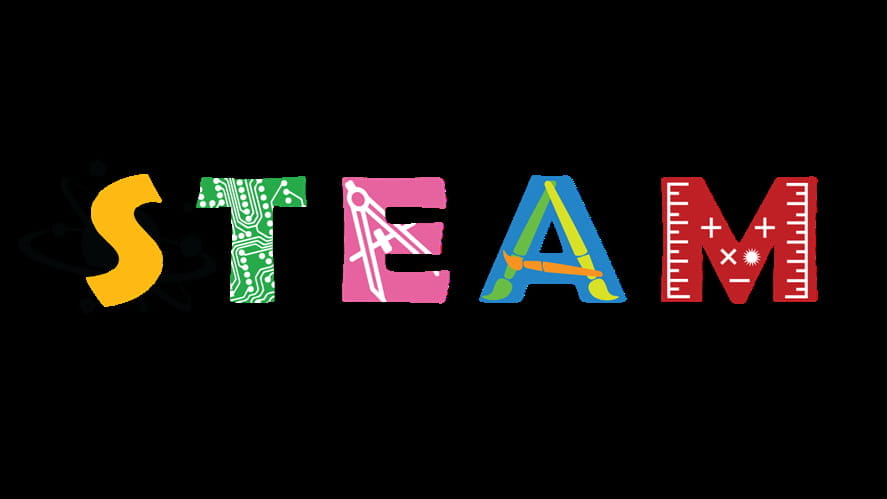We use cookies to improve your online experiences. To learn more and choose your cookies options, please refer to our cookie policy.
Admissions Are Now Open for 2025 - 2026!
Please contact our Admissions team for next steps.

WHY DOES STEAM EDUCATION MATTER?
With continuing advances in the technological areas, we need to be able to keep up with the rest of the world and be competitive in these fields! As an educator, I have watched the growth and changes in these fields with excitement.
All of these fields, Science, Technology, Engineering, Arts and Maths, have separate and unique ideas taught, but ultimately they all merge together into one big field of learning. We do not need to separate the subjects out as much as we have been. We can spark their excitement by making learning enjoyable with hands-on projects that help students to grow as innovators.
As teachers how can we add more STEAM?
Well, it is simple, add more hands-on projects, include REAL world problem-solving activities, integrate and apply the learning, encourage questioning and empower students by giving them more control over their learning.
Celebrating STEAM week last week, our teachers added the extra STEAM to their lessons, here are some excerpts:
Y7 Science
As part of their introductory lesson in STEAM, the young Year 7 Scientists displayed their innovative minds as they came up with creative designs for their group activity “Making a paper bridge using one A4 paper”. They tested the strength of their bridge by stacking erasers. The winning team made a tower holding 34 erasers. In the next round, the teams measured the strength using weights. The students loved the session and especially found pride when one of the bridges withstood 1000g! Well done Y7.
Y7 Maths
Year 7 students enjoyed their STEAM Lesson today with a hands-on experience of modifying factors that affect the aerodynamics of a paper-plane, like designing the plane in a way so as to minimize “air resistance (drag)” and “weight” while increasing the “lift” and “thrust" and were thus able to have their planes glide through longer distances in the air.
Art and Science
Science of surface tension and colours were used to make creative designs. Students loved it, as they made beautiful pattern on papers.
Y7 Maths
As part of steam lessons 7.1 students were making working models to find the sum of interior angles in polygons. They really enjoyed making different polygons and finding the sum of angles.
It is time to match steps with tomorrow and give a cutting edge to our students.
On Thursday 18 January Year 10 students had an opportunity to visit a solar farm.
Thy learned how solar panels are made out of recycled materials, and that it takes around 20 solar panels to power the entire solar farm. A wide variety of vegetables are grown at the solar farm, and everything is organic with no chemicals used.
Below some of student's reflect on their visit to the farm:
“It was a great opportunity to experience the use of solar panels in real life. The trip to the farm was informative and we even got free vegetables!” - Fatima Imran
“The trip was a great experience as it was both joyful and inspiring. I learned a lot and it was very thought-provoking. The generosity of the people in the farm was just out of this world! They donated various vegetables to us.” - Sharmita Sivam
“The trip was awesome, we learned a lot about solar panels and how most of their equipment is made from recycled material. I also learned that they make their own solar panels which they say is more effective than the solar panels made in other places, as they are made from copper. It was an interesting trip and we got to take back many vegetables, which I am now growing in my back garden.” - Sharvez Sivam